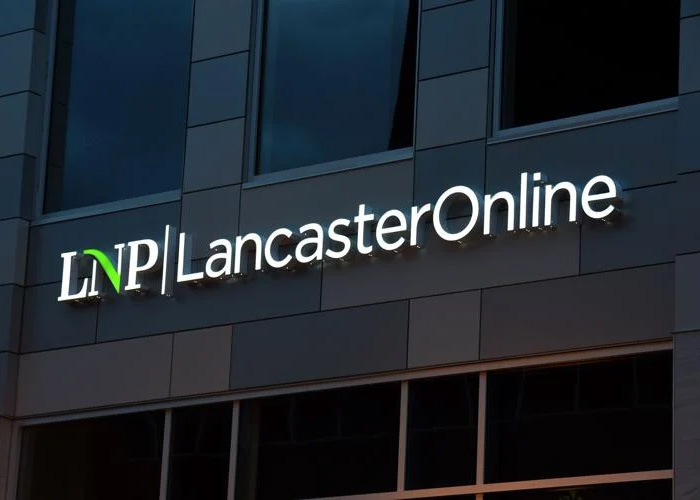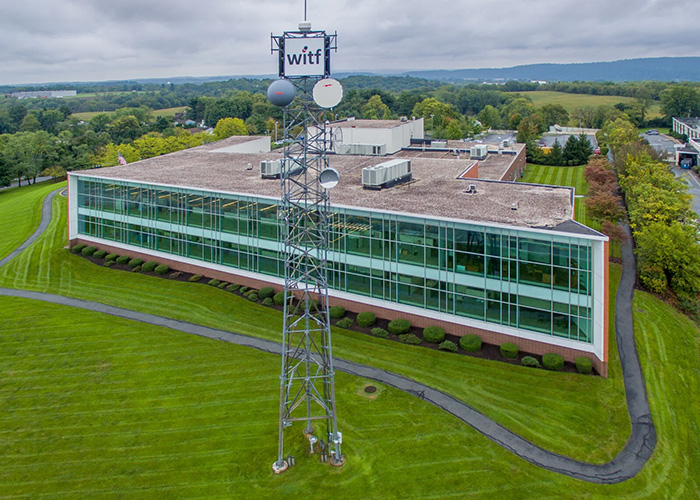When a house burns in your neighborhood, you don’t want to wait a week before reading the details of the blaze. And, knowing how misinformation spreads like, well, wildfire in this internet age, you should turn to a reliable source for those details. Your local news organizations — staffed by journalists who are part of your community and understand its values, its concerns and its power structures — are that reliable source for facts delivered in a timely fashion.
Those news organizations, including Pennon, now face challenges in our information-saturated world. Because of the internet, people have come to expect to get information quickly — and for free. But while your uncle can post rumors on social media without spending a dollar, it costs money to deliver responsible, fact-based journalism. And reader subscriptions, philanthropic donations, corporate funding and advertising revenue make for a complex financial foundation.
In this ever-evolving landscape, maintaining trust and credibility is paramount.
At Pennon, the parent company of LNP Media Group and WITF, we’re committed to transparency and maintaining journalistic integrity to provide you with news that matters across all our platforms. That commitment extends to LNP | LancasterOnline, which has provided this community with news for more than 200 years.
Pressures of digital journalism
With viral memes and clickbait vying for the public’s attention, it’s tempting for news organizations to succumb to the lure of easy sensationalism. And it’s true that an article headlined “Pa. state police arrest man accused of firing a gun at Thaddeus Stevens College” drew more readers than one headlined “Solanco to add fencing at Bart-Colerain and Providence elementary schools.” But that doesn’t make an article about a school district’s use of taxpayer dollars any less valuable.
LNP | LancasterOnline’s digital journalists understand that readers sometimes want a break from heavy news, but they also understand that delivering serious journalism is the newspaper’s mission. This is why the newspaper’s website last week offered a mix of stories, including one about explosive military ordnance closing roads in Lancaster city, another examining Amish scooter safety, and yet another about the HGTV show “House Hunters” filming in our region.
The rise of social media has complicated the landscape, as misinformation and sensationalized headlines spread rapidly before the fact-checking process can catch up. At times, the fact-checking may seem moot, as the headline may tell the whole story when 75% of social shares occur without clicking the links, according to a Penn State study. Partnered with algorithms dictating what posts and news get visibility, prioritizing engagement over credibility and the desire to publish first has caused public trust in journalism to waver.
Journalists and editors follow strict ethical guidelines and must navigate this reality while adhering to reporting standards, ensuring that the quest for readership numbers does not overshadow the responsibility to inform.
Funding news coverage
Financial sustainability has always been a concern for journalism, but in today’s digital world, both new and old funding sources are important.
Traditional revenue streams such as print subscriptions and basic advertising have declined, pushing media outlets to seek alternative funding, including corporate sponsorships, philanthropic grants and subscription models that create paywalls.
Journalism must be paid for, but it cannot be bought — that is, while we rely on funding sources to help us cover the costs of producing journalism, those funding sources cannot dictate coverage. Journalism cannot be a pay-to-play enterprise.
That’s why we need you to keep us not only funded, but honest. I was pleased to receive constructive feedback on my last column. Please keep it coming!
Striking a balance between financial stability and editorial independence continues to be a challenge. But that’s a tale as old as journalism. There has always been a tension between funders and producers of journalism.
Historically, the concern was advertisers might try to unduly shape coverage. Now, increasingly, the checks and balances are struck with philanthropists and nonprofits that fund media ventures.
Ethical dilemmas
Often indistinguishable from traditional reporting, sponsored content raises questions about transparency. Labeling it is imperative.
The rise of opinion-driven journalism also complicates integrity. There’s a fine line between journalism that informs and journalism that seeks to persuade — a clear distinction between the news and opinion sections of any news organization. This is why LNP | LancasterOnline clearly marks opinion journalism as such.
To navigate these challenges, media organizations must adopt clear ethical guidelines, disclose potential conflicts of interest, and ensure accountability in their reporting practices. Pennon’s policy guiding this work can be found at this link: lanc.news/EthicsPolicy.
Ensuring journalistic integrity
Despite the challenges and constant opposition to a free press, integrity in journalism remains essential.
At Pennon, we’re committed to bringing you accurate news that matters to you and your loved ones.
Our goal is to build trust within the community by telling stories you need to hear when you need to hear them. Our editorial policies remain clear, from journalistic ethics to conflicts of interest to fact-checking requirements. We practice editorial independence. The truth matters — more than speed.
The digital and funding-based age of journalism presents unprecedented challenges but also opportunities to reinforce integrity. The financial struggles and attacks on the profession should not compromise the core mission of journalism: informing the public. We thank you for your partnership in financially supporting this work, while also holding us accountable to these standards.
Ron Hetrick is the president and CEO of Pennon, the parent company of WITF, Pennon Education and LNP Media Group, which publishes LNP | LancasterOnline. A Harrisburg native, Ron brings decades of experience in technology, nonprofit management and corporate governance to his role at Pennon. Email: rhetrick@pennon.org.




